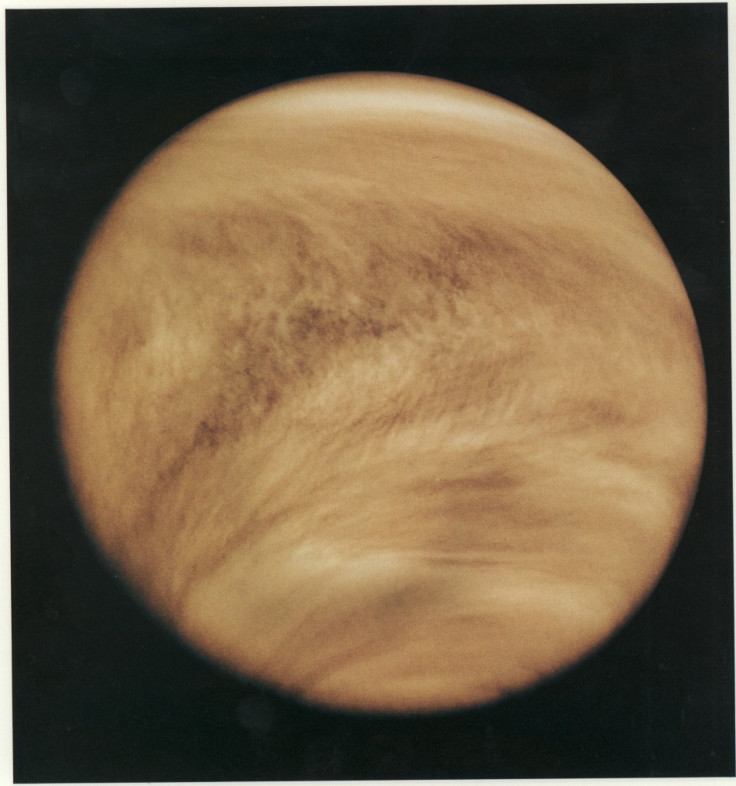Venus Ozone Layer Found: Possibility of Alien Life?

A tenuous layer of ozone has been discovered in the atmosphere of Venus. Astronomers say this may greatly contribute to our search for life on other planets.
Europe's Venus Express that made this discovery found signs of gases in the atmosphere as they absorbed light. Ozone, made up of oxygen atoms, is found in the atmosphere of both Earth and Mars, absorbing the Sun's harmful UV rays for us. This finding not only helps the search for extraterrestrial life, but will also give us an even better understanding for how life first formed on our own planet.
However, as scientists learned with Mars, having ozone concentration is not substantial enough evidence that there is life on the planet. The scientific community agrees that life on Venus is highly unlikely, but establishing that this planet shares a similar trait with Earth provides incentive for us to study Venus more closely.
© Copyright IBTimes 2024. All rights reserved.





















